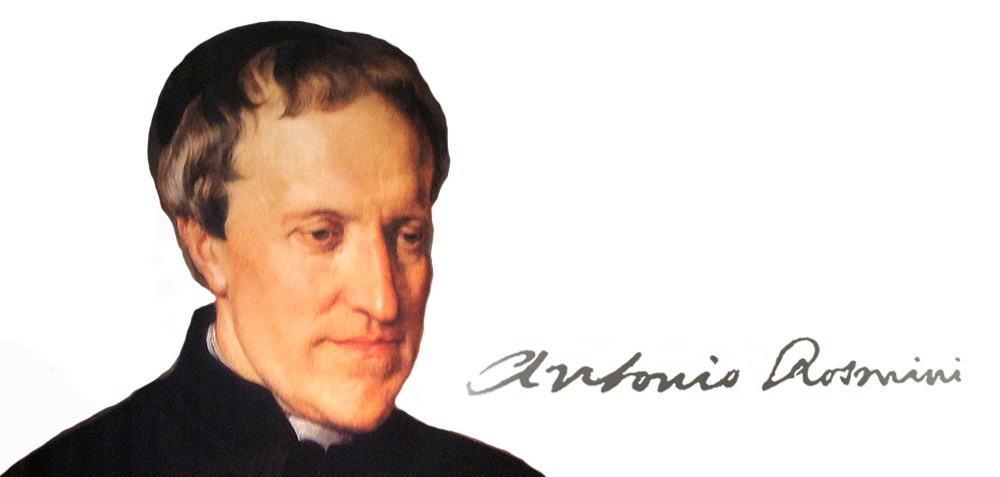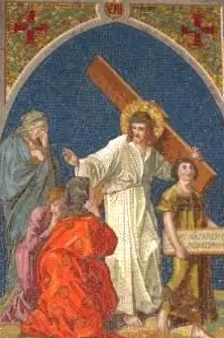Fourth Sunday of Lent Year B - 10th March 2024
Webmaster • March 9, 2024
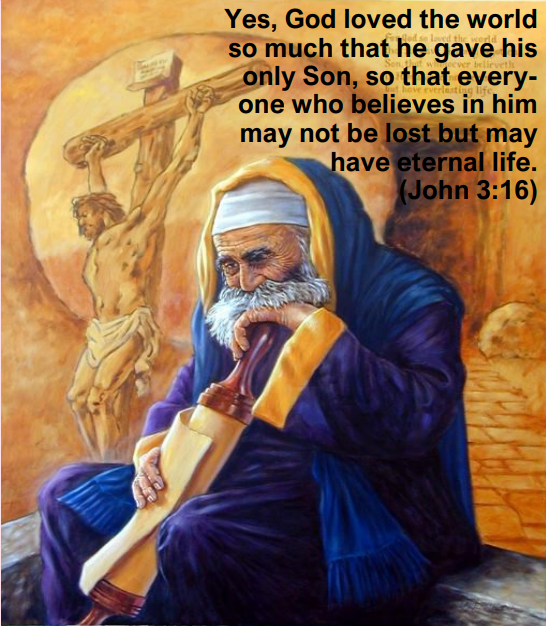
O God, who through your Word reconcile the human race to yourself in a wonderful way, grant, we pray,
that with prompt devotion and eager faith the Christian people may hasten toward the solemn celebrations to come.
Through our Lord Jesus Christ, your Son, who lives and reigns with you in the unity of the Holy Spirit,
God, for ever and ever.
Amen.
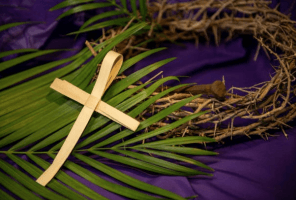
"Healing through the Penitents Path" Every Tuesday throughout Lent at 7:30pm in St David's Chapel of St Peter’s Church (Entrance through Bedford St) A potentially life changing Includes talks, prayers, sharing, testimonies, and prayer ministry. See poster in Church porch for more info. A must for those seeking God!
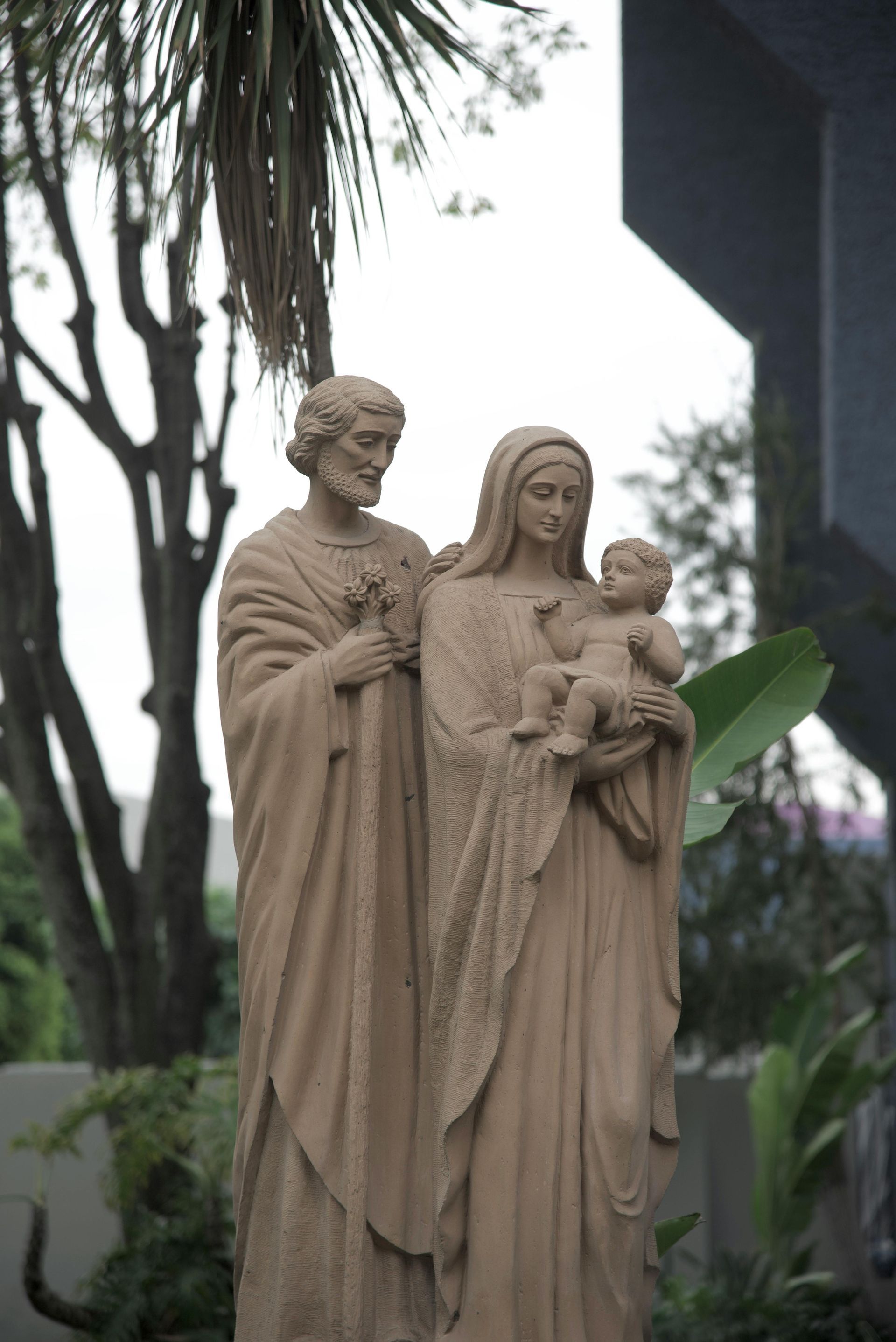
The Holy Family's Love and Forgiveness (4) Do you know when the Three Kings visited the Holy Family, they did not just offer them gold, frankincense, and myrrh? In fact, the Kings gave many other precious gifts. Although the total value is not known, but it would not be too surprising if it is enough to build a mansion! If that is the case, then why on the Day of Purification, the Holy Family only offered a pair of turtledoves as sacrifice, which is an offering of the poor? That is because the Holy Family gave many many away, and did not left much for themselves. Yes, they loved God so much, and they indeed chose God over earthly possessions, not just saying it, but deep within the heart. “That evening I saw the Kings in the Crib Cave, taking leave…The Kings' gifts were received by Mary and Joseph with touching humility and sincere thanks to the donors, but without any manifestations of pleasure. During the whole of this wonderful visit, I never saw in Mary the least shadow of selfinterest.” And how they loved the poor, in fact how they loved to be poor (i.e. the virtue of poverty)! “I saw neither Mary nor Joseph nor the maid examining the gifts or showing any worldly pleasure on their account. They were accepted with thanks, and with liberality were again distributed to the needy.” Those needy, although it was not specified, but should be the men of Bethlehem. And remember it wasn’t that long ago the people in that place treated the Family with such contempt upon their arrival, yet Joseph and Mary’s concern is the need of their ‘neighbours’. Love your neighbours as yourself. When you loves, you will forgive and forget. Like father, like son. 33 years later, people of Judah will witness an even greater love and forgiveness - when Jesus being nailed on the Cross which stood in the middle of Heaven and earth, to all those who He has cured, He has fed, He has taught, He has helped, He has loved, but now want Him to be crucified, for them He prayed to His Heavenly Father: “Father, forgive them, for they don't know what they are doing.” (Reference: The Life of Jesus Christ and Biblical Revelations, Bl Anne Catherine Emmerich)

ASH WEDNESDAY Day of Fasting & Abstinence 18th February Masses at 10am & 7pm Even now, says the LORD, return to me with your whole heart, with fasting, and weeping, and mourning; Rend your hearts, not your garments, and return to the LORD, your God. For gracious and merciful is he, slow to anger, rich in kindness, and relenting in punishment. (Joel 2:12–13) Lent is a time to return to the Lord with our whole hearts, “with fasting, and weeping, and mourning.” Fasting and penance are necessary to ensure that earthly desires do not dominate our ambitions. We must weep and mourn as we confront our sins, addictions, and worldly attachments that promise only fleeting satisfaction. Yet, God is a God of infinite mercy, “slow to anger, rich in kindness, and relenting in punishment.” His justice rightly punishes those who reject His mercy, but when we shed pride, sin, and worldliness, His mercy fulfills all justice and He withholds His punishment. As we begin our Lenten journey, reflect today on the words of the Prophet Joel as if they were spoken directly to you: “Even now, says the LORD, return to me with your whole heart…” Do not let this Lent pass you by. Enter it with a wholehearted commitment. “Repent, and believe in the Gospel.” Face your soul with humility and confidence in God’s mercy. Identify your sins, turn from them, do penance, pray, and seek holiness. If you do, God, in His great mercy, will transform your life in ways beyond your imagination.

Mauro Iannicelli will break-open the forthcoming Lenten Sunday Gospels with in-depth teaching and stimulating questions. Starts: Tuesdays 17th February 2026 @7pm Six consecutive Tuesdays: 17 Feb | 24 Feb | 03 Mar | 10 Mar | 17 Mar | 24 Mar (7pm - 8:15pm) Free of Charge LIVE on YouTube Registration: comeandsee.org/lent26
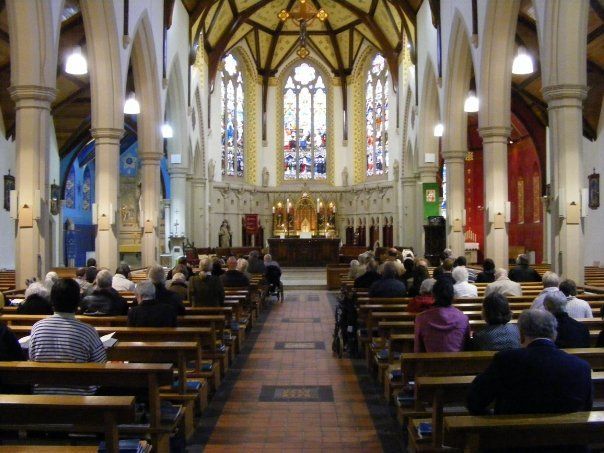
Peter our Organist will be performing 2 organ recitals in this month and in March. On 26th February , his recital will included the world premiere of Carlotta Ferrari, Passacaglia e doppia fuga su un tema di Reger. And on 19th March , there will be a performance of contemporary organ music by Sarah Davachi, Lauren Redhead and Eva-Maria Houben. Both recitals start at 7pm.

The Holy Family's Love and Forgiveness (3) It is so easy to love others when life is easy and everybody is your friend, but can you still love others when things got difficult and the whole world seems to be against you? How precious is that love if you can still love! How true is this love! On that day in Bethlehem, when Joseph went up and down from day until night in search of an inn, one after another people closed their door on him, time after time he got sent away, disappointment happened again and again. Joseph from anxious and troubled, to finally wept in front of Mary. They both knew the urgency of their situation – Mary is going to give birth soon and no one is willing to offer a place to stay. Mary should even be more concern, because a woman in labour at that time can sometimes be a life or death matter. If we are in that situation, isn’t it so often that we start ranting or speak bitterly about those people or to voice out this injustice? But Mary, just consoled Joseph instead. It is even more touching to learn that before the Holy Birth of Child Jesus, Mary even invited Joseph to unite with her in prayers for those hard-hearted people who would not give Jesus a shelter place. Why is Mary so patient, so peaceful? Did Mary not get angry or feeling resentful at all? To answer this simply: Mary got no place in Her heart for any sin and negative emotion, because She is full of Love. Not only She is full of grace, She is full of Love as She bears God in Her womb, Whom is Love. Love penetrate Her whole being. This Love would not diminish in good or bad situations, just like the sun ‘rises on the evil and the good’. Because there is Love, there is forgiveness, thus bears all things and endures all things. (Reference: The Life of Jesus Christ and Biblical Revelations, Bl Anne Catherine Emmerich)

Bishop Bosco MacDonald, Bishop of Clifton and Lead Bishop for Marriage and Family Life for the Bishops’ Conference, has praised the “ordinary heroism of married love, and the strength of family life” in a message to mark Marriage Week. “Love has a purpose,” says Bishop MacDonald. “Love is sustained by choice as well as by affection. It is a promise lived again each day, sometimes at a cost, often in quiet, hidden ways. Mercy keeps love alive when people are disappointed in one another. Discernment helps couples face the realities in front of them without bitterness. Mission reminds every family that their home is meant to become a place where others can glimpse the kindness of God.” “To every married couple: thank you. To those preparing for marriage: be brave and be patient with one another. To those who carry wounds or grief in family life, including separation, divorce, bereavement, or strained relationships: the Church cares for you and is here to accompany you… May St Joseph intercede for us. May the Holy Family guard our homes. May the Lord deepen in us the joy of love.” There are also resources in the Bishops’ Conference website to support this time of prayer and reflection: www.cbcew.org.uk/marriage-week/
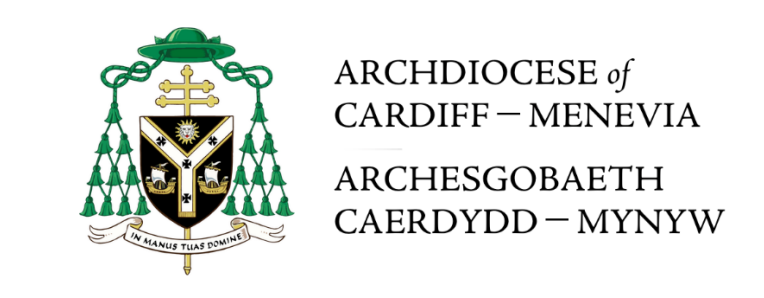
Archbishop Mark has published a pastoral letter, 'Heart speaks to heart', calling the Archdiocese to become a missionary and synodal diocese built on prayer and four pillars: youth and vocations , evangelising zeal , formation in faith , and loving service . The letter challenges Catholics to encounter Christ more deeply and share that encounter with others, and will be broken into six pieces for study during Lent or Eastertide. Read the full pastoral letter on our website. ( https://tinyurl.com/nmj5ppxk )
